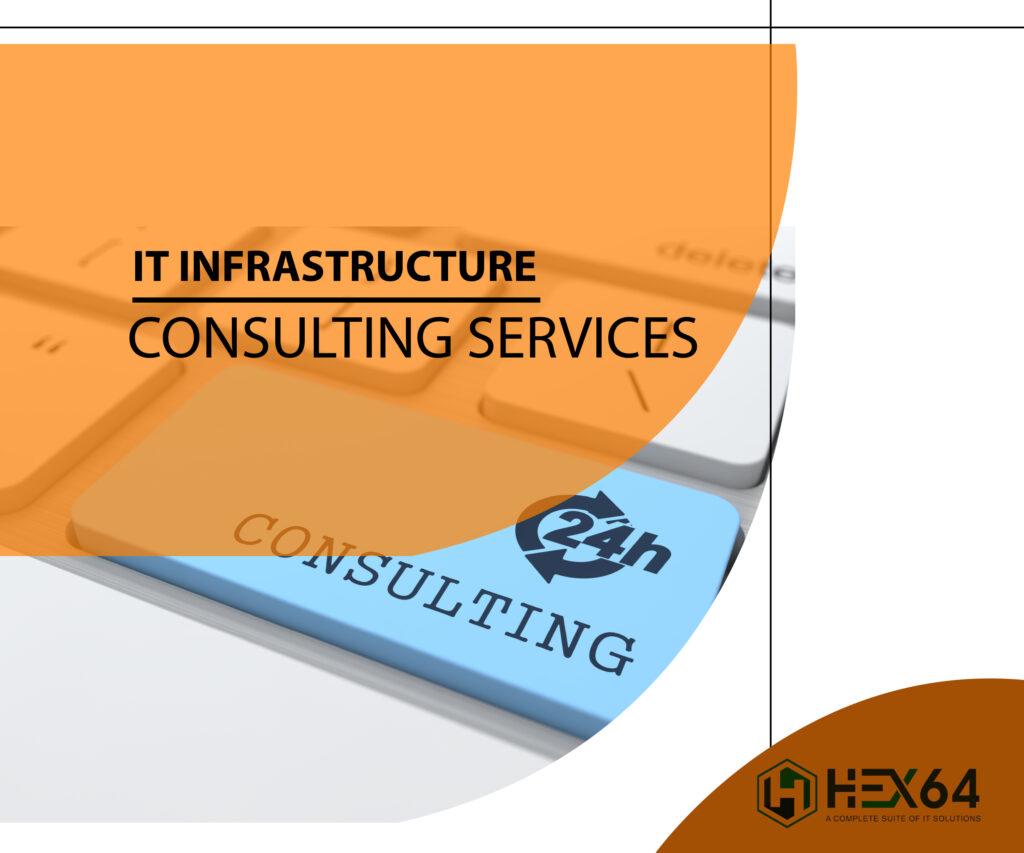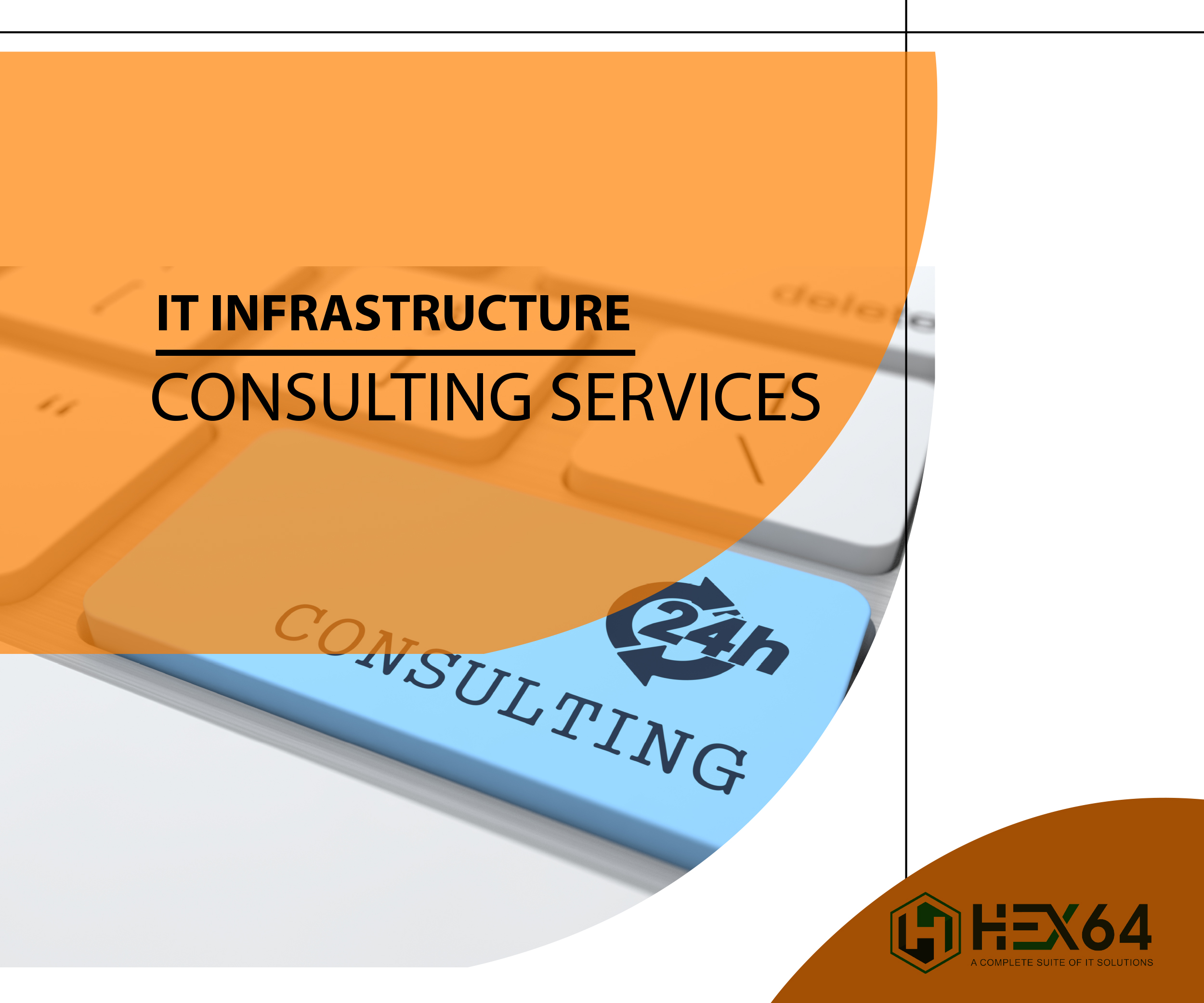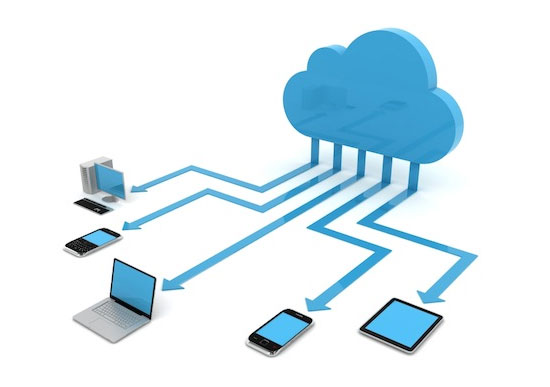The digital transformation has dramatically altered the cybersecurity expectations of healthcare offerings as the number of associated devices collapsed and network perimeters began to grow. And, this digital turning up is continuously moving fast.
Cyber attacks didn’t go down during the pandemic, but it really fueled the fire. The need for cyber security in hospitals has increased, and the challenge has been compounded by the switch from other hospital staff to telecommuting.
As technology becomes more complex, so do the dangers of cyber attacks. Expanded use of the latest technologies including mobile, big data, cloud, home appliances, and advanced statistics for facilities and patients pose new risks.
The news comes as cyberattacks on health care facilities in France have become significantly more dangerous since 2018.
There are various objections to IT healthcare managers in the complex medical industry. To be victorious, IT healthcare specialists must help providers navigate complex insurance methods, adhere to stringent compliance requirements and most importantly, guarantee patient well-being.
Healthcare providers also need to have the expertise, safety, and methodology to ensure that their nurses, doctors and administrative staff can consistently provide the greatest level of care, to patients in each office or through visible appointments. . If any of these areas were not set up correctly and managed properly, it could be disastrous for the provider, their victims, and their relatives.
How can you reduce the risk of cyber attacks on IT network infrastructure?
A key lesson from last year and in these new processes is the need to strengthen cyber security to better protect hospitals from IT infrastructure risks. And this requires a holistic approach to security, which includes strategic thinking and particularly appropriate technology to include the following:
- Security of connected devices
- Ownership management and access control through authentication and security policies
- Secure data encryption
- Network integration into sub-physical components
- Automatic Network Management

Steps to Strengthen Your Healthcare IT
- Review Your Security Status
Security breaches can be serious and cause major damage to your economics and reliability. Conduct a security check in your area to detect any covered areas that a cyber attacker could use to gain access to your network or sensitive patient data, including patients’ social security data; bank account credits Card details, or even medical records. Additionally, working with IT healthcare professionals can help your business stay ahead of potential security concerns. - Perform an IT test
IT survey is an excellent way to get a picture of your current location and determine areas you can develop. IT healthcare professionals like HEX64 can provide complete exposure and robust testing to your existing infrastructure. This test compares your techniques and processes to good business practices and provides a roadmap to help you close any holes. It also allows you to view locations that may not meet the requirements established by strict compliance rules. - Hire a Strategic Consultant
IT health professionals can help you better identify your business’s strengths and weaknesses. An external strategic consultant works with you first to get to know your people, organizational items, IT pain scores, and funds. Based on their broad knowledge of your enterprise and their specialized organizational knowledge, they can give you the small action tools to expertly align technology and methods to solve critical IT healthcare challenges.
Additionally, a specialist can work with you to map your IT trends to your organizational objectives and IT support a roadmap that will address the most advanced IT healthcare trends including remote care and telehealth, data management, and artificial intelligence (AI).




